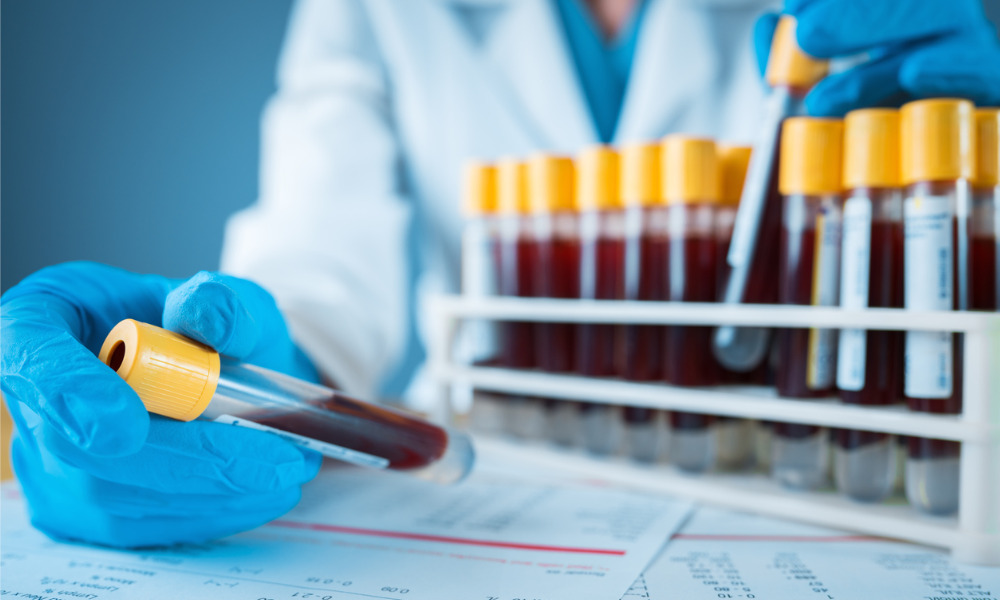Clinicians, researchers call new blood test detecting TBI in under 15 minutes groundbreaking

A new blood test, which can detect traumatic brain injury in under 15 minutes, may be welcome news for the thousands of TBI-related hospitalizations annually reported in Ontario, Robert Deutschmann, personal injury lawyer at Deutschmann Law, has said.
Stat Alinity is a handheld device that can rapidly and quantitatively diagnose and detect the presence of TBI. The device, recently approved by the U.S. Food and Drug Administration, draws a blood sample from the patient’s arm, then tests this blood sample for molecular markers released by the brain once trauma has occurred.
Abbott Point of Care Inc., a U.S.-based company that manufactures and markets diagnostic products, developed Stat Alinity with a team led by Beth McQuiston, a doctor who is knowledgeable in TBI, brain health and concussion. Clinicians and researchers have touted Stat Alinity as groundbreaking.
Deutschmann listed the possible benefits, if the new blood test is approved in Canada, for patients with TBI, which is a known leading cause of disability and death in the country. First, the new blood test may save time in diagnosing TBI and may speed up the triaging and treatment of patients, which would potentially lead to better treatment, shorter stays in the hospital’s emergency department and more lives saved.
Second, the blood test may assist in identifying who needs and who doesn’t need further testing like CT scans, which may save time and money and may limit patients’ exposure to radiation. Third, it may rapidly identify minor concussions and other formerly undiagnosed TBI in patients, which may potentially save lives.
At present in Canada, it is challenging for patients to receive a timely TBI diagnosis because many tests are observational, very subjective and reliant on the knowledge of the individuals administering the tests, Deutschmann said. For instance, physicians and healthcare workers bank on the subjective self-reporting of the patient’s symptoms, coaches utilize screening questions and people administering physical exams assess the patient’s balance and cognitive ability.
TBI, which generally results from a blow or jolt to the head or to the body, may interfere with ordinary brain functions and may cause various physical, emotional, cognitive and sleep-related symptoms, including confusion, blurry vision, double vision, fogginess, memory loss, concentration difficulties, insomnia, lack of impulse control and emotional volatility.










